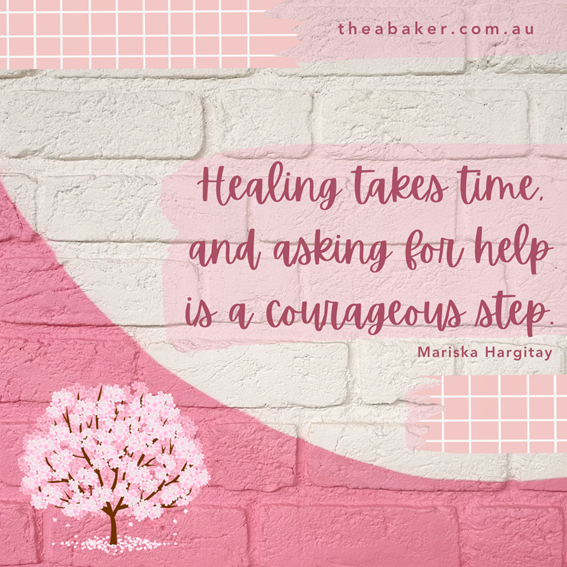Be an informed consumer of therapy!
Be an informed consumer of therapy!
Full transparency – this week’s blog is very Australian-centric and specifically refers to the structure of the mental health system where I am writing from. Whilst the essence of if it still super relevant for other parts of the world the specific references might be quite different for other countries.
One thing that I think is both vital and foundational for anyone seeking mental health support is to understand what sort of support is most appropriate for them AND to understand how to access it. Because this means they’re in a position to make an informed choice and it relies on the information being transparent and easily explained to them. And the problem with this is that at the moment that we we’re seeking support for our mental health, we’re not feeling our best – we are often feeling low, depressed, anxious, and riddled with big emotions that make it hard to take on board information and make well-reasoned decisions. So where do we turn for help?
I’ve thought long and hard about this and I think these days we probably approach this dilemma in a few ways:
- Ask friends / family for suggestions (IF we feel comfortable to share how we’re feeling AND we know someone who has already had therapy or sought help for their own mental health)
- Hit up social media for suggestions / reviews
- Go to see our GP

I’m going to tackle this last one first, because there is so much confusion and misunderstanding about the medical model of mental health that operates in Australia and what that means for accessing support. Particularly over the last few COVID-ridden years we’ve all heard the messages that if you’re struggling with your mental health you should go to see your GP for a Mental Health Care Plan (MHCP) so that you can access 10 (used to be 20 during COVID) sessions with a psychologist. That messaging is misleading in a few ways:
- You do NOT have to see a GP in order to get mental health support.
- You DO have to see a GP if you want to get access to a psychologist under the ‘Better Access to Mental Health’ which might lead to you getting a MHCP.
- In order to get a MHCP you DO have to be diagnosed (by your GP) with a mental health condition which is later assessed / confirmed by the psychologist. If you don’t meet those thresholds, then you won’t be given a MHCP and so would then have to consider other options (see point 7. below).
- MHCP’s currently (June 2023) provide access to up to 10 rebateable sessions (per calendar year) under Medicare. The out-of-pocket cost will vary depending on the fees that the individual psychologist charge but currently vary between $90-$150. So, psychology sessions with a private practice psychologist are not free, even with a MHCP.
- After six sessions a review usually has to occur and a report written to the GP to extend the plan for a further four sessions.
- After the 10 sessions under a MCHP you have to pay the full private fee to continue seeing the psychologist. Fees vary depending on the practice and expertise of the psychologist, but the Australian Psychological Society suggest $280 per session.
- There are other options available for mental health support including mental health accredited social worker and occupational therapists (can also be accessed via MCHP’s), counsellors, psychotherapists, and community programs.
What’s the difference between psychologists and counsellors?
Both are allied health professionals whose job it is to support you with your mental health, but they come at it in different ways and have different levels of, and sorts of training.
Psychologists have completed between four to six years of university study and are trained in assessing, diagnosing, and managing mental health conditions. They do not prescribe medications (that’s where GP’s and Psychiatrists come in). Once assessment and diagnosis has taken place, psychologists work with evidence-based “talk-therapies” that have been shown to be effective in the treatment of the symptoms that the client is struggling with.
Counsellors and psychotherapists have varying kinds of tertiary / university study behind them. Some will have as many years university study behind them as psychologists, but because the profession is unregulated in Australia it is very important that you do your research and find out what kind of training they have, and whether it supports your needs. Typically, counsellors and psychotherapists approach their work in person-centred ways and don’t rely on the medical model of mental health which means they won’t be focusing on assessments, diagnosing, and labelling your mental health.

Making the right choice for you will depend on a consideration of all of the above, alongside knowing that every therapist will have different skills, strengths, therapy skills and special interests / training. It’s important to do your research before starting therapy to check that the person you see has the right background, training, and experience to support your needs. And this is where relying on your support network – whether friend / family or online can be a great way to find the best person for you.
We are a team of tertiary qualified and registered counsellors and psychotherapists – if we can help you, please get in touch with us: www.theabaker.com.au / hello@theabaker.com.au / 03 9077 8194.
